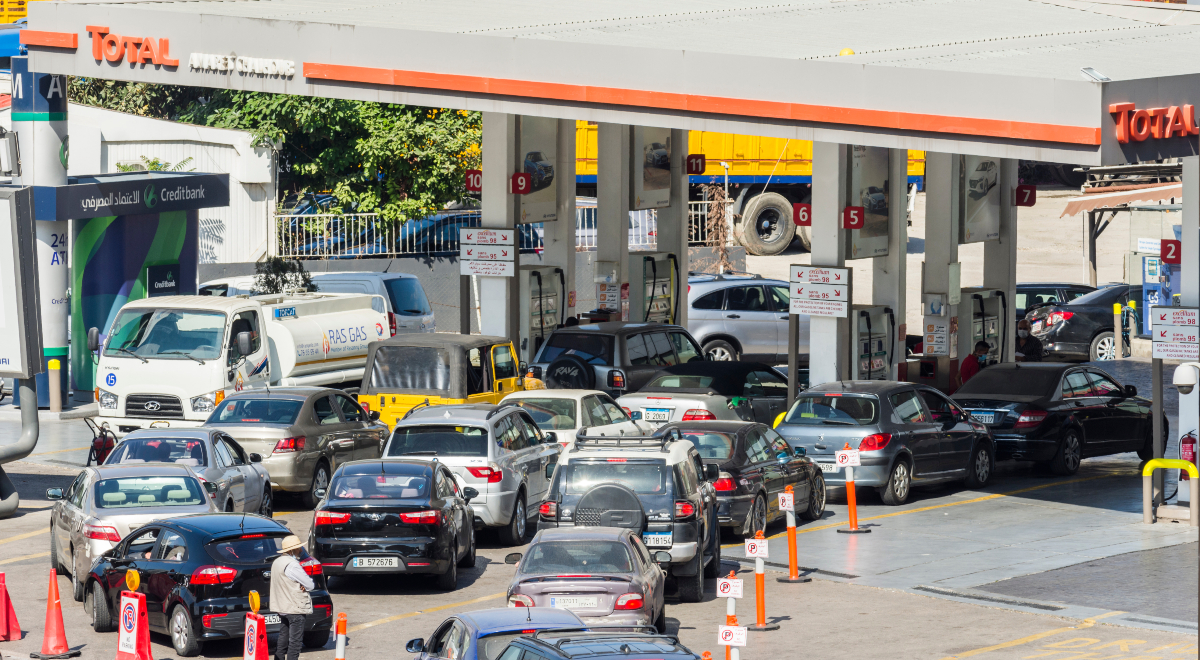The United Nations is concerned about the steadily worsening economic situation in Lebanon. The World Nutrition Program says the number of hungry people in the country could increase rapidly in the near future. The crisis in Lebanon, once one of the richest countries in its region, is considered one of the worst economic disasters in the world.
The World Nutrition Program reports that food prices in Lebanon have risen more than 600 percent in the past two years. The UN supports one in four Lebanese who cannot afford to buy food. It is also estimated that half of the country’s population lives below the poverty line.
In Lebanon, there is a shortage of fuel, and drivers wait for several hours in lines for rationed gasoline to refuel their cars. In Beirut, many power grids are closed, which means there is no electricity in homes, but also in offices and hospitals. Only those who have the fuel for the generators have the energy.
There was no electricity across the country over the weekend because the two largest power plants ran out of fuel. At the same time, fuel tanks were destroyed in the south of the country as a result of a strong fire.
The economic crisis in Lebanon lasted for two years when the foreign exchange market collapsed. The situation has been exacerbated by the coronavirus pandemic and a massive outbreak in the port of Beirut. Lebanese also blame politicians for the omnipresent government corruption contributing to the crisis.

